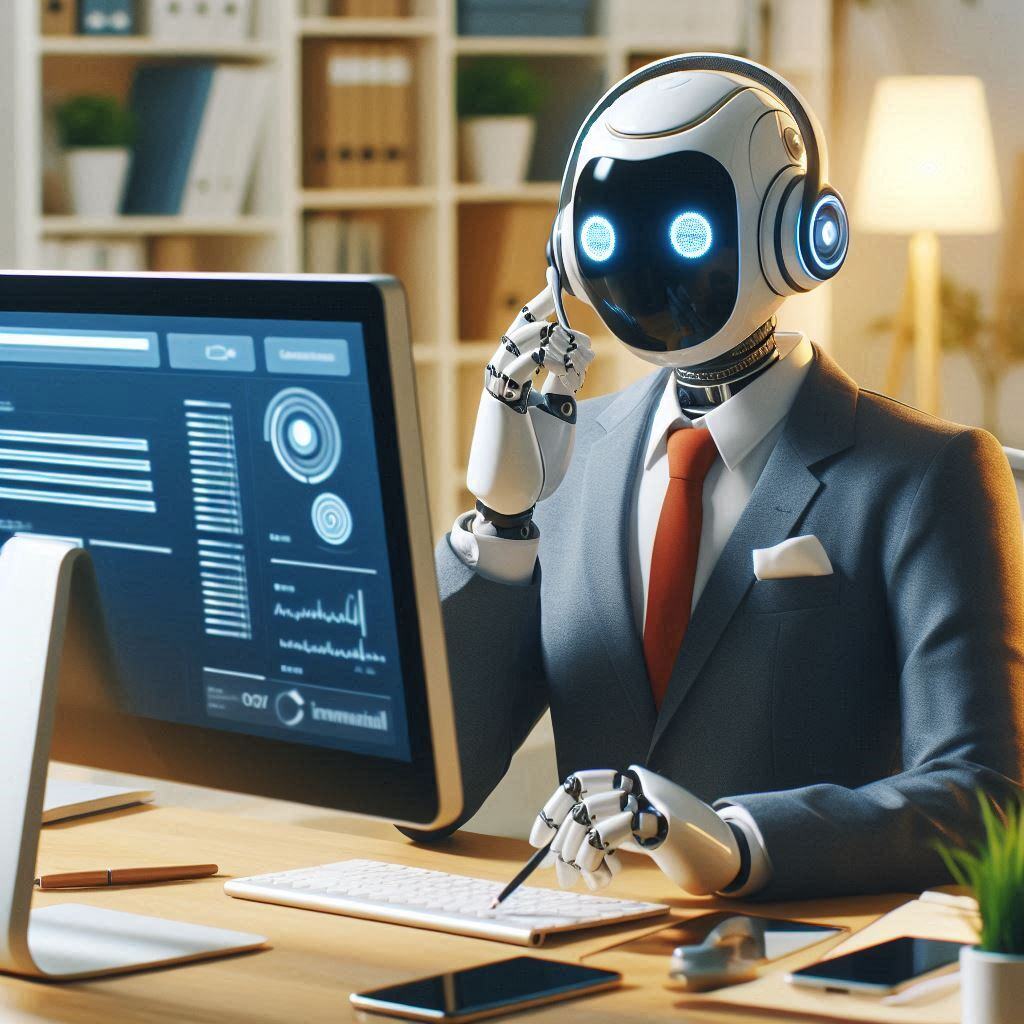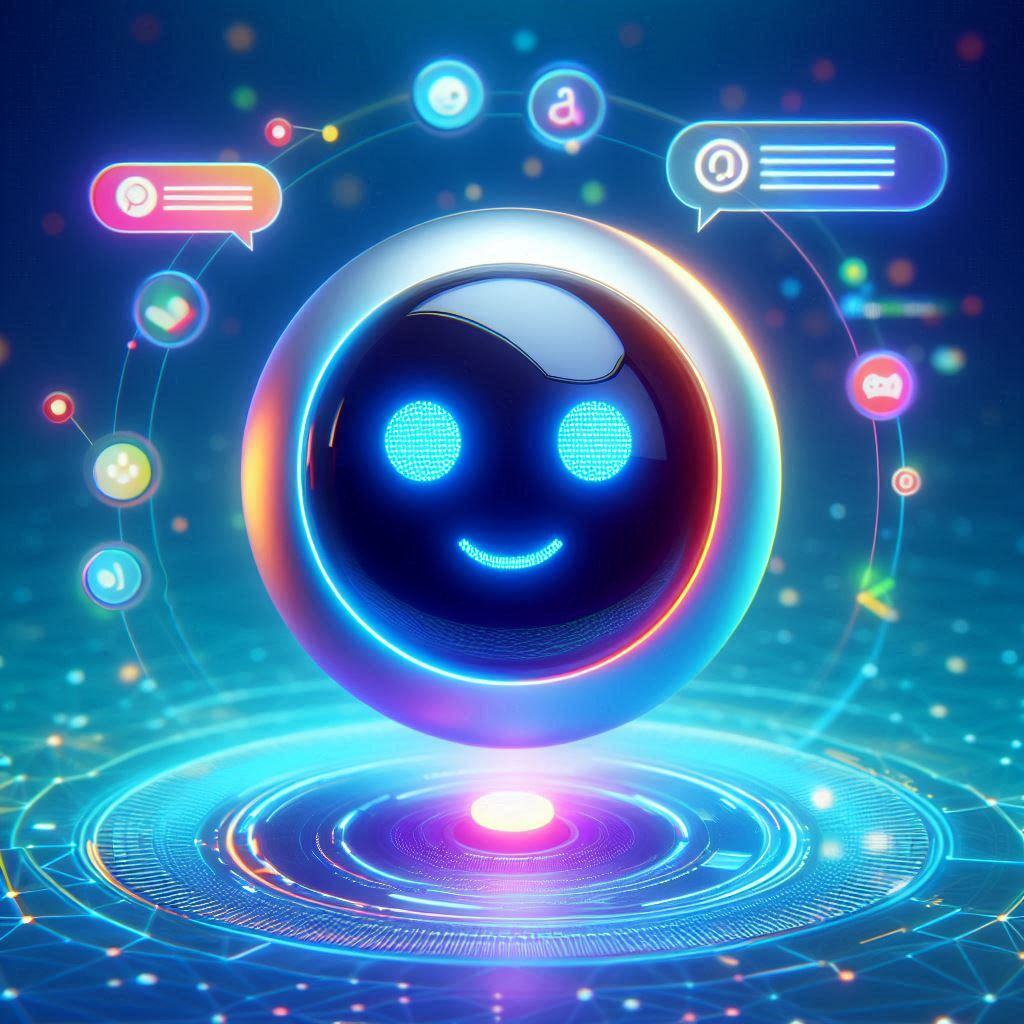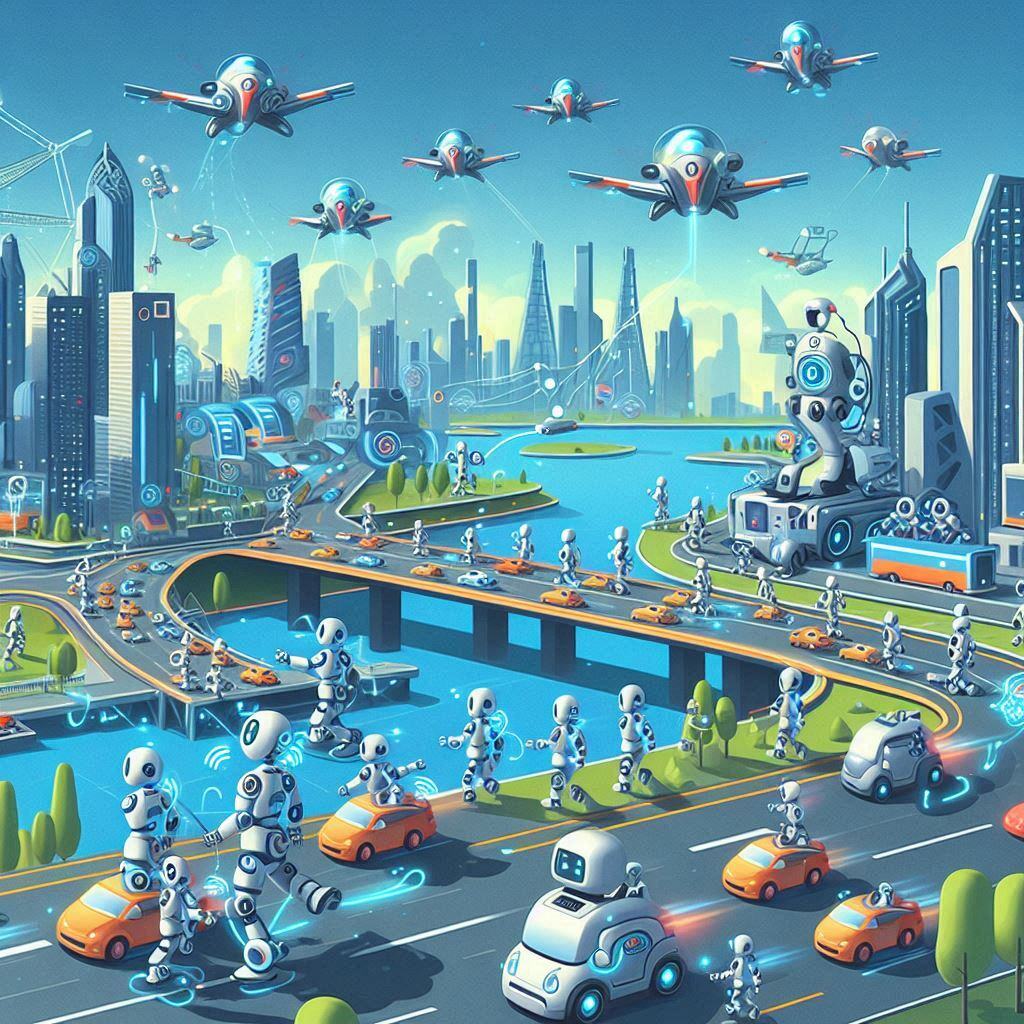AI Sales Agents: Present Use and Multi-Agent Selling Future
The sales landscape is evolving at breakneck speed, and artificial intelligence (AI) is leading the charge. AI sales agents, once a novelty, are...
Explore the key differences between single-agent and multi-agent AI systems. Learn which AI architecture suits your needs best with our detailed comparison.
Artificial Intelligence (AI) is transforming industries by automating complex tasks and improving decision-making processes. When implementing AI, it's essential to choose the right architecture. Two common approaches are single-agent and multi-agent systems. This blog will explore the differences, advantages, and applications of each to help you make an informed decision.
A single-agent system consists of a standalone AI entity designed to perform specific tasks independently. This system follows a set of rules and algorithms to achieve its objectives, often interacting with the environment to gather data, make decisions, and execute actions.
Key Characteristics:
Advantages:
Applications:
A multi-agent system involves multiple AI entities working together to achieve common or individual goals. These agents can communicate, cooperate, and coordinate their actions, creating a dynamic and flexible approach to problem-solving.
Key Characteristics:
Advantages:
Applications:
The choice between single-agent and multi-agent systems depends on the specific requirements of your project:
Both single-agent and multi-agent systems have their unique strengths and are suited to different types of problems. Understanding the differences between these approaches can help you choose the right AI architecture for your needs. Whether you require the focused efficiency of a single-agent system or the collaborative power of a multi-agent system, Integrail provides the tools and resources to develop and deploy your AI solutions effectively.
For more insights and tools to build your AI applications, visit Integrail.

The sales landscape is evolving at breakneck speed, and artificial intelligence (AI) is leading the charge. AI sales agents, once a novelty, are...

Multi-Agent Systems (MAS) are rapidly transforming the landscape of artificial intelligence, offering powerful solutions for complex problems across...

Artificial Intelligence (AI) has undergone significant advancements over the years, evolving from simple automation to sophisticated systems capable...
Start your journey with Integrail

Try AI Studio by Integrail FREE and start building AI applications without coding.

NEW White Paper: Discover how AI Studio accelerates your workflows